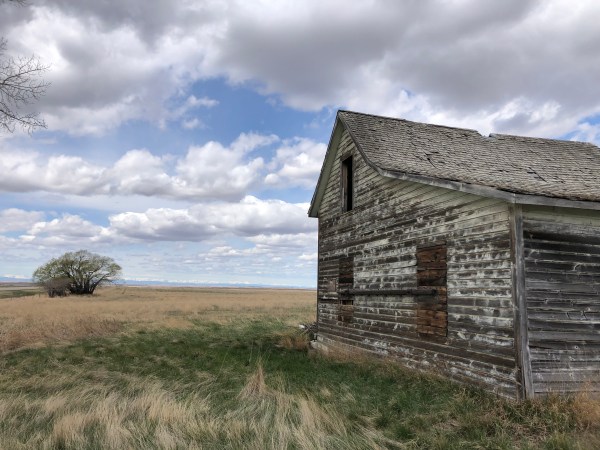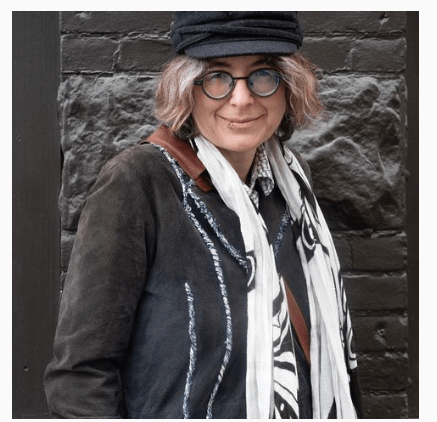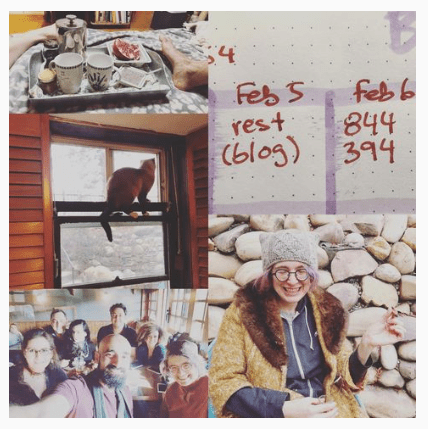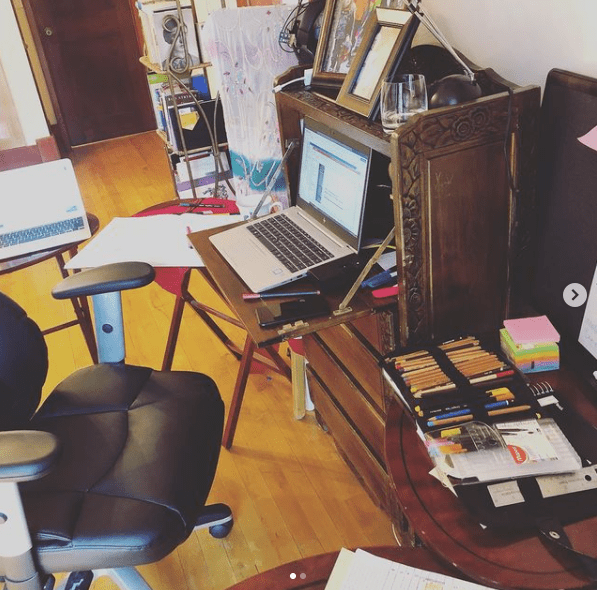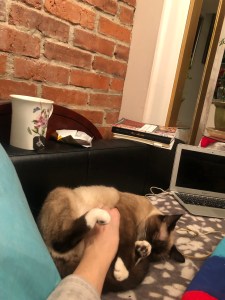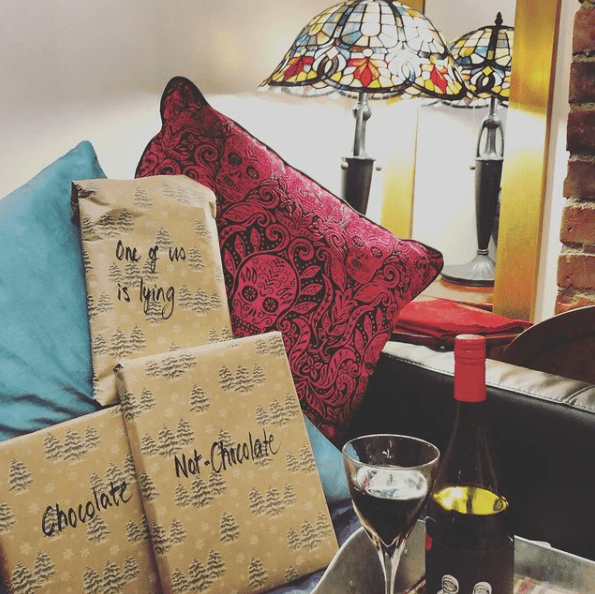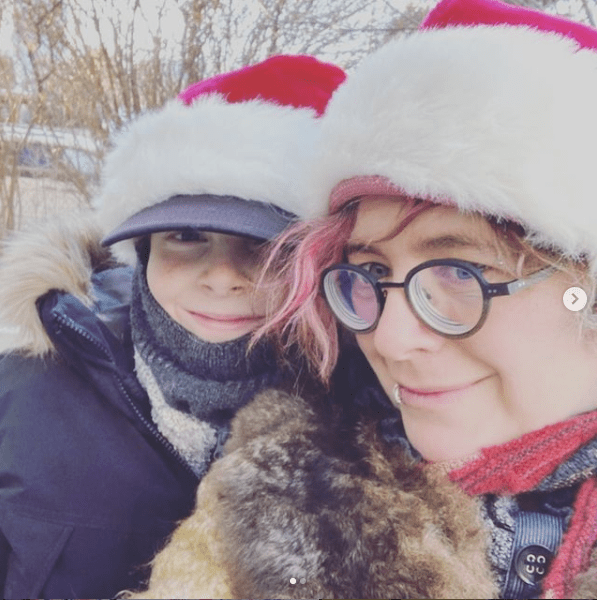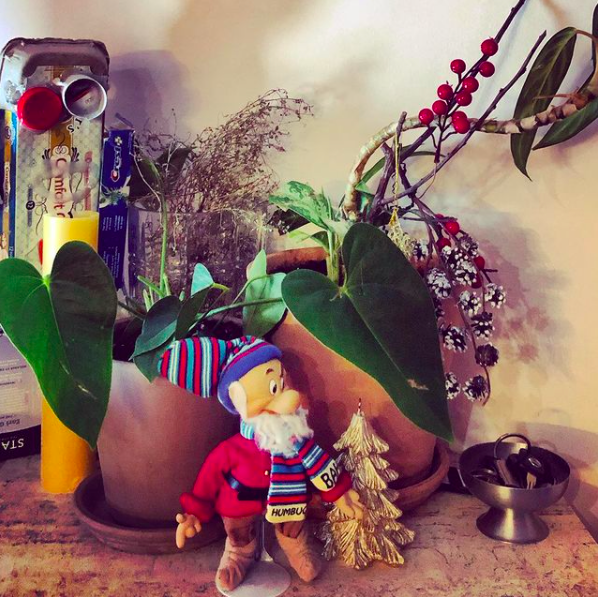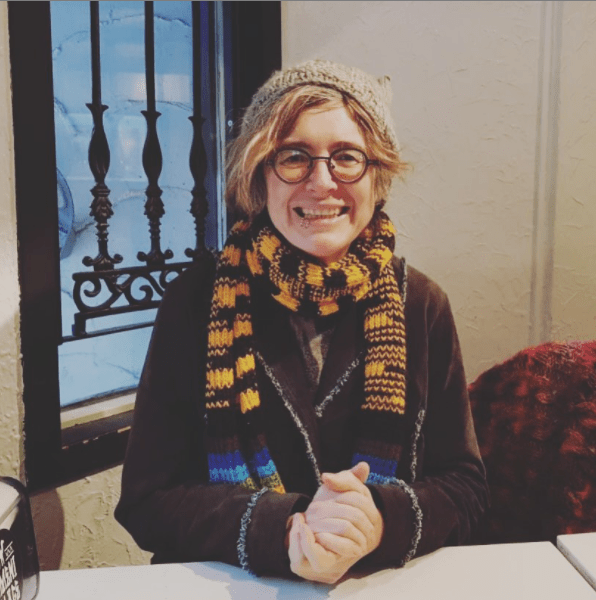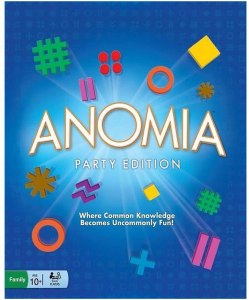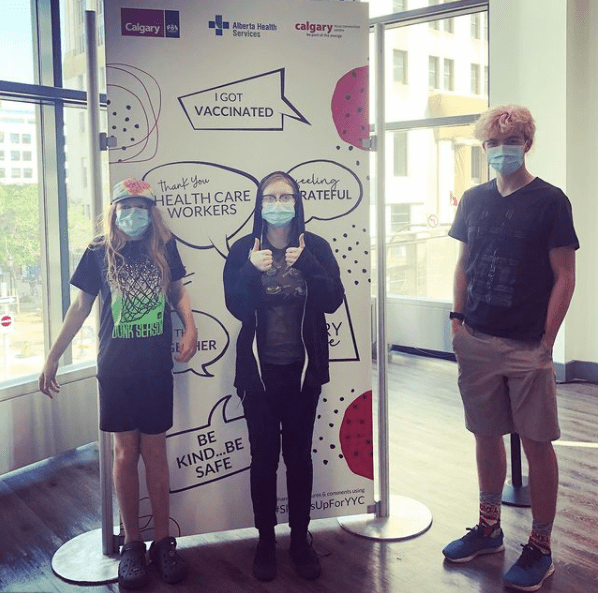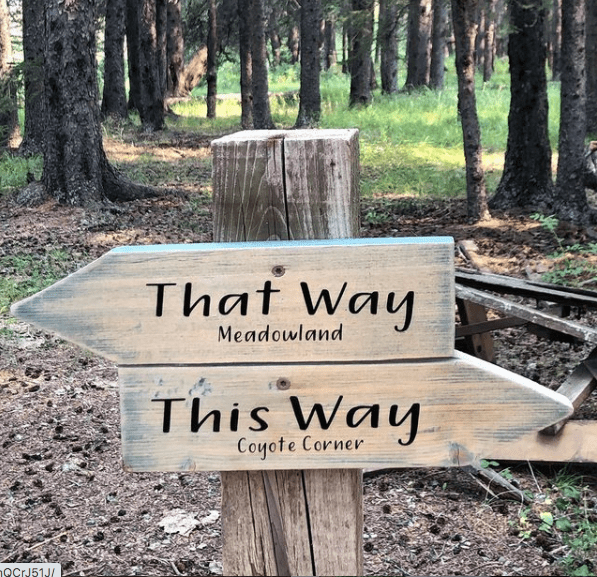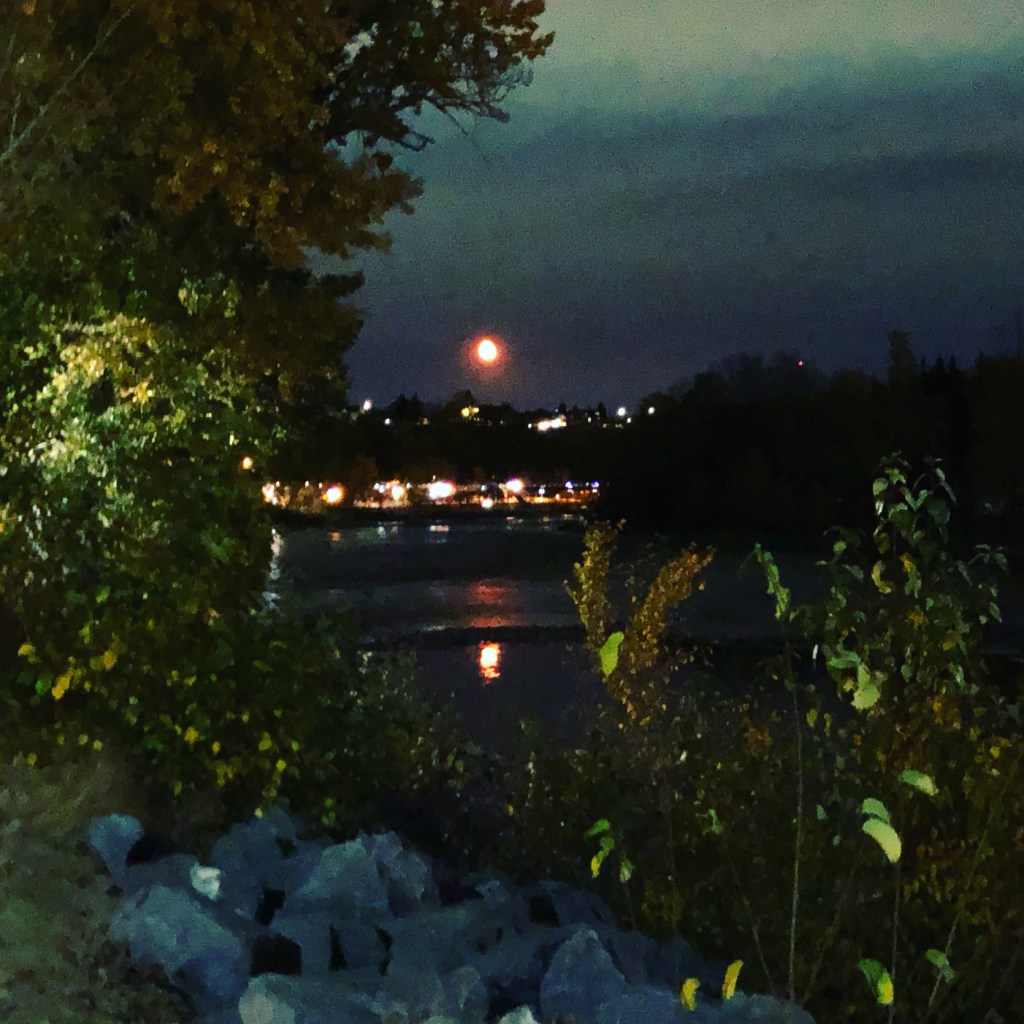1
I did a very stupid thing this weekend.
I sampled a decade of my Morning Pages.
I didn’t plan to. It just happened. But wait. I’m telling the story badly.
Morning Pages are the foundational practice of The Artist’s Way, Julia Cameron’s 12 week recovery program for blocked creatives.
Shut up. I know it sounds woo-woo. It is. It’s ridiculous. There’s too much god in the book, also, kindergarten craft activities involving glue, glitter and imagines from magazines, exercises about childhood memories and worse.
It’s kooky.
It’s 100 per cent not science or research-based. The word “intuition” appears about twice a paragraph.
It steals wholesale from the 12 steps of Alcoholics Anonymous.
It works.
The Artist’s Way works.
And the Morning Pages are its foundation. Three pages of long-handed writing, written right after you wake up — according to Julia, before you have coffee, do yoga etc. (I think she allows you to pee, although that’s not explicitly mentioned.) Me, I make the coffee first and drink it as I write, but that’s the only cheat I engage in.
I make the coffee, I sit down and I write.
Three pages.
About nothing, about everything.
My pages are often about how I don’t want to write them. I have nothing to write about. Or, I have too much to write — I want to jump right into the current work in progress. Or, these days, get to work and do all the things I’ve got happening that day — I want to get started now!
Sometimes, they’re about how I’m hungry and I can’t wait to eat breakfast. Or a debate about whether I should make more coffee after I finish writing, because I’m just on page two and the press is already empty…
Sometimes, I write this: Letters make words. Words make sentences. Look, that’s three sentences. Actually, a paragraph. At which point will this rambling become a thought that can be split across to paragraphs. Words. Word by word. Write. Just keep writing.
Silly, right?
But also — it’s in the morning pages that I’ve planned all of my novels, tried to find ways to stay in my marriage, found my way to divorce, anchored myself and stayed breathing and functioning when all else failed.
Morning pages are like journaling, I suppose. But also, different. You get three pages. You must write three pages even if you don’t want to write, even if you feel you have nothing to write about. Word by word. Sentence by sentence. Write until something comes. And you write. And at a page and a half, like clockwork, the hard truth appears.
At the end of page three, you stop.
You want to write more? You can’t, says Julia. You still have something to stay after page three? Execute. Turn into into art. Write a scene, a poem (a blog post).
Draft a screenplay.
The pages are a place to rest, sort, get inspired — to move you to action. Not to hide.
I told you. Woo-woo. Kooky.
They work.

2
The other rule of Morning Pages is you don’t talk about Fight Club. I mean — you don’t show them to anyone. Not your therapist, not your writing group — not the people you’re working through The Artist’s Way with. Julia’s advice is to not even show them to yourself. Put them away. Revisit them later if you like, but not the next day or the week after.
Julia also suggests you make arrangements with a trusted friend to have them destroyed when you die, so you don’t traumatize your children and friends. Or, I suppose, strangers…
She re-reads her pages periodically, to see where they are guiding her.
I don’t. I haven’t for 10 years.
My advice, after this weekend? Destroy them as soon as you write them.

3
I started keeping Morning Pages in September 2014, about a year after the Calgary flood and my monumental not-really-flood-related-but-everything’s-conflated post-flood crash. I promised to start them because a cute girl insisted I give The Artist’s Way a try. I had to trick myself into the process. I had burned all my diaries and stopped reflective writing when I was 16, for very good reasons. I did not want to expose myself like that again.
So for the first two months, I did not write Morning Pages. I wrote in the morning, and I wrote about three pages, but I used writing prompts to draft random scenes of what would become my second novel. And then, eventually, with gritted teeth, I told myself to do the whole 12-week program, glitter and all. If I managed to do that, I’d let myself consider a creative writing MFA. A writer’s retreat. A trip to Cuba.
Something.
Instead, the Morning Pages helped me write a third novel. Then a fourth. Then another. And another. A trilogy. An idea for a seven-book series. Redefined my marriage. Kept me on this side of sane while my child fought for her life. Helped me end my marriage with grace. Saw me through the pandemic and the end and beginning of so many, many things.
They took me to Cuba, too, actually.
Everything is in my Morning Pages.
They’re full of 10 years of terrible things.

4
Not just terrible things, of course. Plenty of good things happened in that decade too.
But all the terrible things are there. In grotesque detail. Writ large in pain.

5
I’ve never counted the notebooks and math is hard, but it takes me about two and a half months to fill the average notebook. So that’s about 5 notebooks a year. Times 10 years. About 50 notebooks. Plus some sketchbooks and process journals.
I threw most of the process journals and sketchbooks away, easily. They’re not meant to be product. Or to be revisited.
The Pages, though.
I was going to throw them away. All of them. Burn them. Ritually.
But what happened is, I flip one open. I see a story. I don’t remember the story. I don’t remember the memory. Now I do. I flip over a few more pages. Pain. Lies.
The lies are the worst — the parts where I see myself lying to myself. (I know they’re lies, because the truth comes eventually. Later.)
The pain is awful, but at least it’s true.
The lies are a betrayal. Stupidity.
They bring shame.
They need to be burned.
But.
In-between the pain and the lies—story origins, story ideas, story attempts.
I hesitate.
That’s a really neat one. I don’t remember it—but oh. I want to write it. Maybe now I have the chops to write it. I didn’t back then.
In the end, I don’t throw away the pain and lies, because I want to keep the stories.

6
I don’t have a cute wrap-up for this post. Truthfully, what happens is, I don’t deal with it. I stack 10 years of lies, pain and stories — and good moments too, but you know, where’s the drama in that? — in the corner of the crack house living room and hide them with my reading chair. I’ll burn them eventually. Soon.
I will not carry them with me into the future — I will not move with them again.
I will leave them behind.
But first. I will go through them and rip out the stories.
Not today though. Not next weekend.
But soon.
Eventually.
xoxo
“Jane”

PS Flora, my child, if I die before getting my act together and destroying the journals, shred them all. Burn them all. Don’t read them, don’t let anyone else read them. Thank you. Love, Mom PS2 Remember, Murder Mystery funeral. I’ll leave a few different scenarios you can use but if you’ve got a better idea, do it. I won’t care — I’ll be dead. PS3 Not dying. Just freeforming. This is why you need to burn the Morning Pages. Decades of this shit, immortalized forever. Burn them all. Ok, thanks. Love you.










